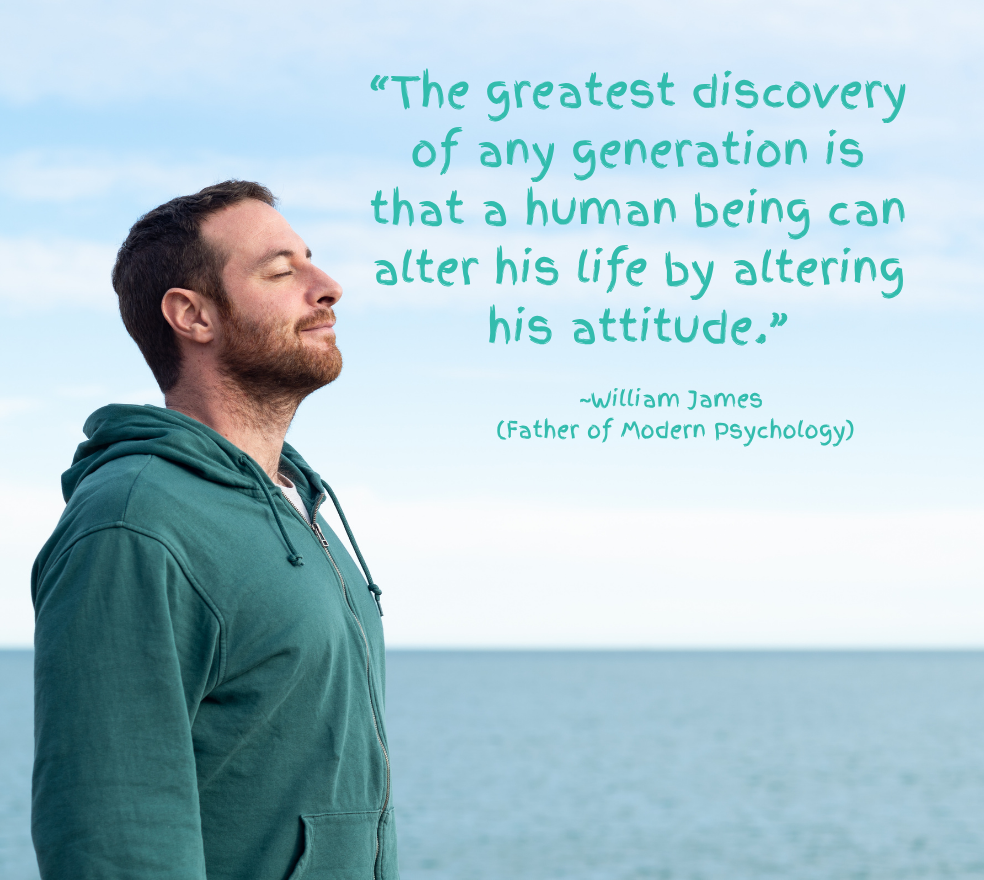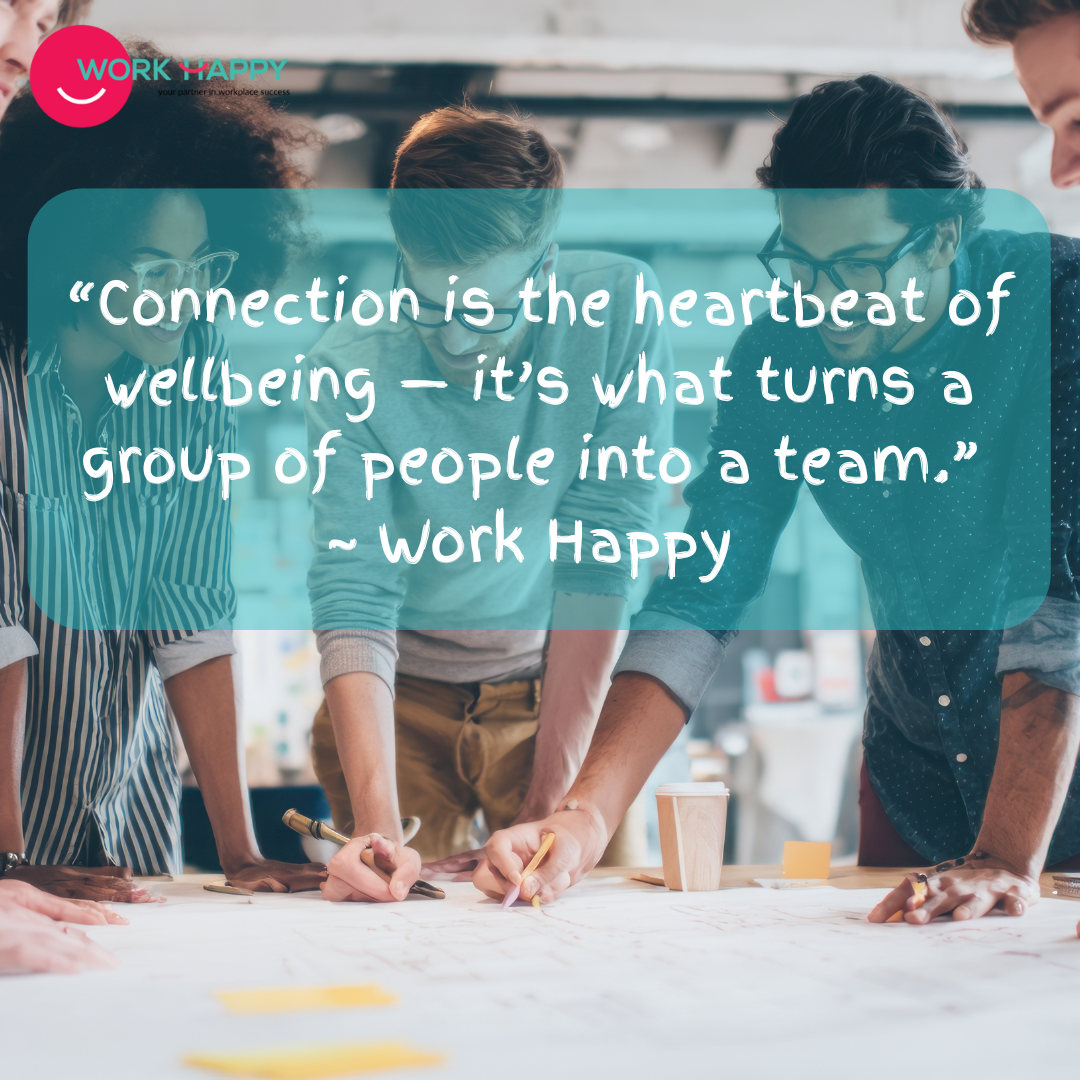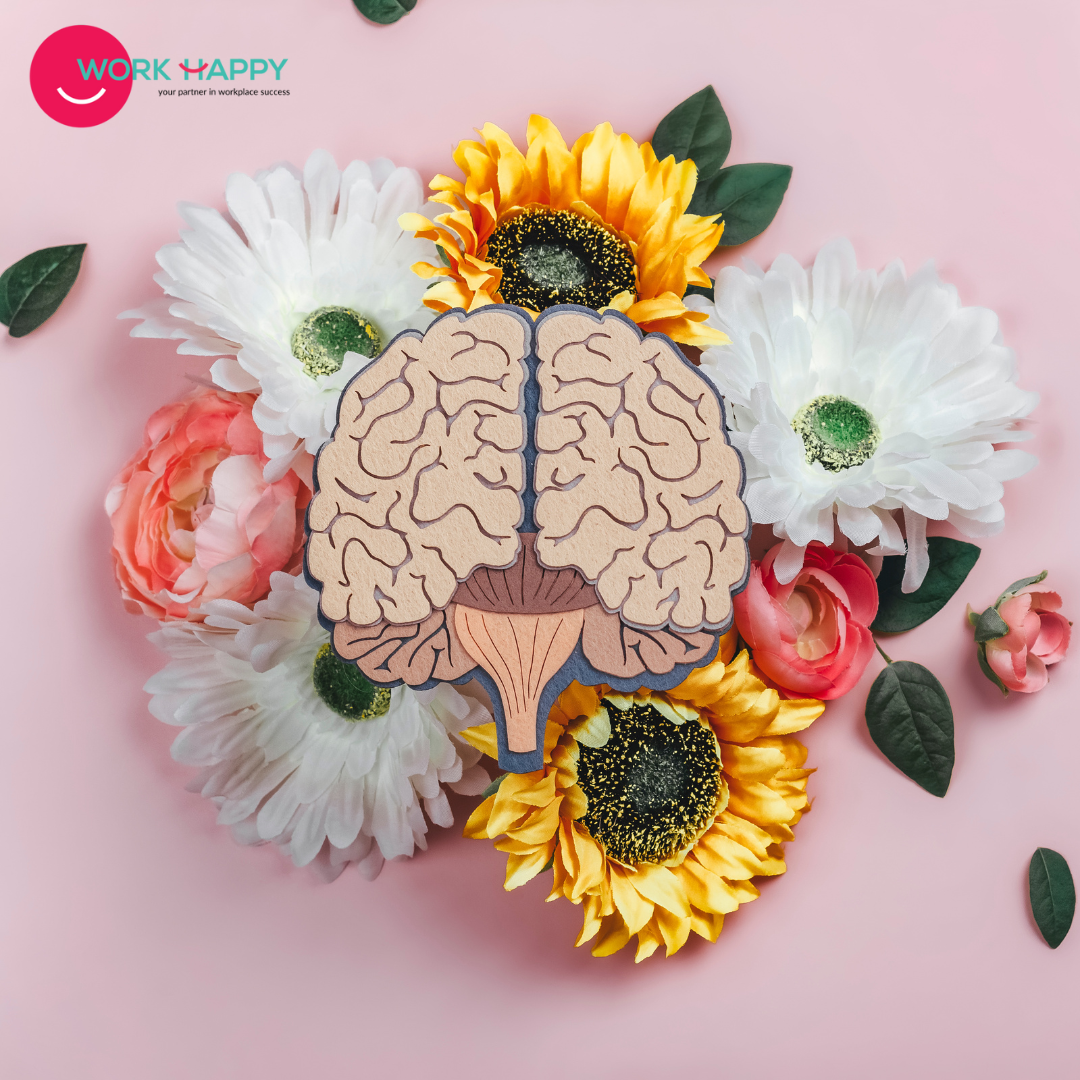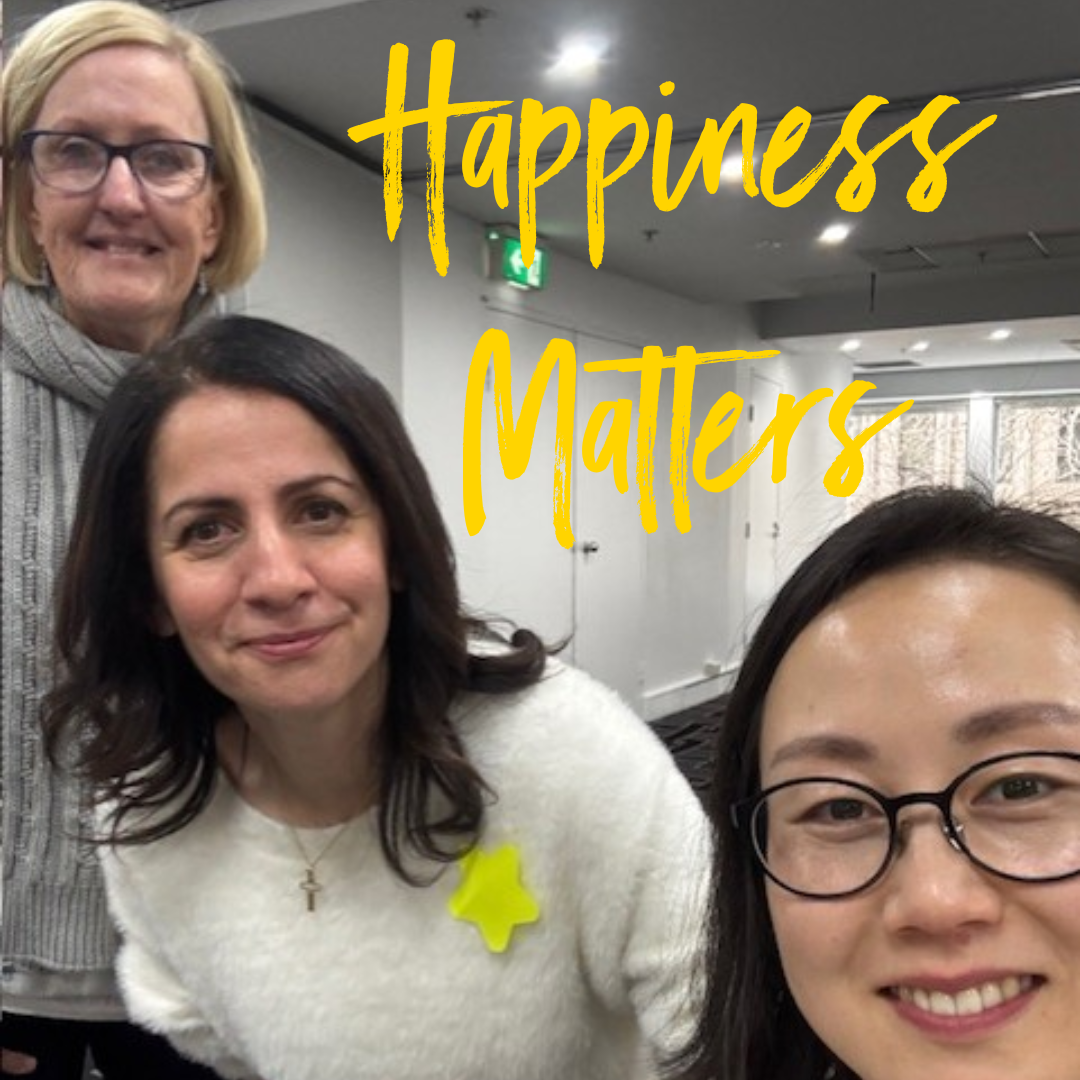
Unlike traditional psychology, which often focuses on diagnosing and treating mental illnesses, positive psychology aims to understand and promote well-being, happiness, and flourishing.
Shifting Your Perspective
One of the core principles of positive psychology is the idea that our thoughts and perspectives shape our reality.
By shifting our focus from the negative to the positive, we can change the way we experience and interact with the world.
Here are some practical ways to shift your perspective and embrace the power of positive psychology:
1. Practice Gratitude – “Gratitude turns what we have into enough.” – Anonymous
Gratitude is a powerful antidote to negativity. By taking time each day to reflect on the things you’re grateful for, you can cultivate a more positive outlook on life. Consider keeping a gratitude journal where you write down three things you’re thankful for each day. This simple practice can help you appreciate the abundance and beauty in your life.
2. Focus on Strengths – When we focus on our strengths, we bring out the best in ourselves and others.” – Tom Rath
Instead of dwelling on your weaknesses, concentrate on your strengths. Positive psychology encourages individuals to identify and build on their unique strengths and talents. By leveraging your strengths, you can achieve greater success and satisfaction in your personal and professional life.
3. Cultivate Positive Relationships – “The quality of your life is the quality of your relationships.” – Tony Robbins
Surround yourself with people who uplift and inspire you. Positive relationships are a key component of well-being. By nurturing connections with supportive and encouraging individuals, you can create a network of positivity that enhances your life.
4. Practice Mindfulness – “Mindfulness is a way of befriending ourselves and our experience.” – Jon Kabat-Zinn
Mindfulness involves being present in the moment and fully experiencing your thoughts and emotions without judgment. By practicing mindfulness, you can develop a greater sense of self-awareness and emotional regulation. This can help you respond to challenges with greater resilience and positivity.
5. Set Meaningful Goals “The purpose of life is to live it, to taste experience to the utmost, to reach out eagerly and without fear for newer and richer experience.” – Eleanor Roosevelt
Having a sense of purpose and direction is essential for well-being. Positive psychology emphasises the importance of setting and pursuing meaningful goals that align with your values and passions. By working towards these goals, you can create a sense of accomplishment and fulfillment.
Imagine a life where challenges become opportunities, setbacks turn into comebacks, and every day is filled with gratitude and purpose.










